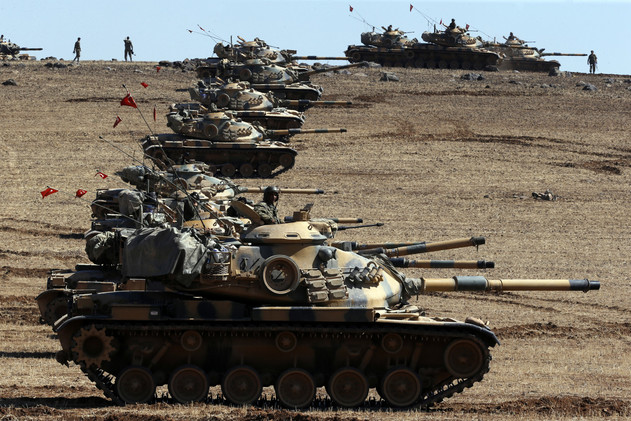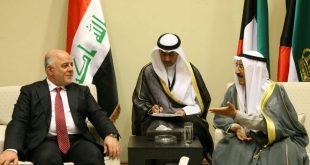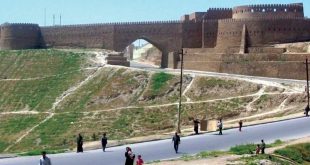
The Turkish military institution classifies the southern lands neighboring the Turkish borders – specifically north the Iraqi Kurdistan Region – as a military and security interest and subjects it to observation, monitoring, and intolerance surveillance. This situation lasted till 1991 when those regions witnessed the withdrawal of Iraqi forces which led to power gap that worried the Turkish authorities, especially after the sneaking of opposing Kurdish groups to the territory and it became a springboard for military operations on the borders and into the Turkish depth.
This complicated situation made Turkey hold a deal with the former regime that allows the Turkish forces to deepen into the Iraqi land for a10-15 km distance so as to chase the fighters of the Kurdistan Workers’ Party. Based on that agreement the following operations were made:
The 1st steel operations in 1992, in which, ten thousand Turkish soldiers participated.
The 2nd steel operation in 1995 and it was the biggest, in which, thirty five thousand Turkish soldiers participated, which is equal to a complete military division.
The hammer operation, in which, a group of Turkish Rear Admirals participated.
An important change in the Turkish military classification accompanied the operations, which is enlargement of the critical region for the Turkish national security to outside of the Turkish borders so it includes a line along those borders spreading to a non-specified depth in the Iraqi land.
And after 2003, a Turkish military force stationed permanently till now in the Iraqi city, Al-Amadiya, and the following happened:
A Commandos battalion in the border town Kani Masi, its mission is to secure the borders and prevent elements of the Kurdistan Workers’ Party from sneaking.
An Armored battalion located in little Bamarni airport.
Special operations unit assigned to secure the connection and coordination with the authorities in the Kurdistan Region.
In a later development, Turkey sent a military force accompanied with armored vehicles and artillery to the Bashiqa district and set up a training camp for Al-Hashd Al-Shayari that relate to the former Nineveh Governor, and that was in 2015. Turkey meant to declare that movement and cover it by media to achieve several Turkish objectives, of the most important:
The official declaration of the participation of the Turkish factor in the equation of the intense conflict at its southern border, and that is by direct military intervention in the northern Iraqi.
The search of a military part in Al-Mosul liberation battle that will give it an effective political position in making the future of events in the area.
Hassling the Iranian influence in the context of the regional conflict.
Assuring the stability of the Kurdistan Region as it is considered an area of military interest and a vital area for the Turkish national security with the agreement with the Kurdistan authorities.
Limiting the Kurdistan Workers’ Party activity.
All of that military movement irritated the Iraqi government which officially requested the immediate withdrawal of the Turkish forces from the Iraqi land.
Conclusion:
The events in Turkey especially the coup raise an important question, which is:
Will the change in the political system in Ankara affect the Turkish military intervention approach in northern Iraq?
The answer is No. The current held military actions won’t be affected by a change in the political system as it’s connected to a geopolitical and military geostrategic point of view and to estimating the possible risks at the southern borders with Iraq and Syria. But the situation may partially change with the disappearance of the consequential danger of the authority gap, and that doesn’t cancel the classification of the mentioned Iraqi areas for observation and enroll it within the circle of military interest, security monitoring, and constant surveillance, which strength the theory that the Turkish forces will not withdraw from Iraqi land neither soon nor later. Because the Turkish justifications still take advantage of the weak political regime in Baghdad, the spreading conflict among politicians, and the war conditions imposed on Iraq because of the ISIS’s aggression.
This situation calls for uniting efforts and bearings to face the security, military, and political challenges that threatens the country’s present and future, so as to bring back Iraq’s leading role and its regional and international stature.
 Dheyaa Alwakeel
Dheyaa Alwakeel


